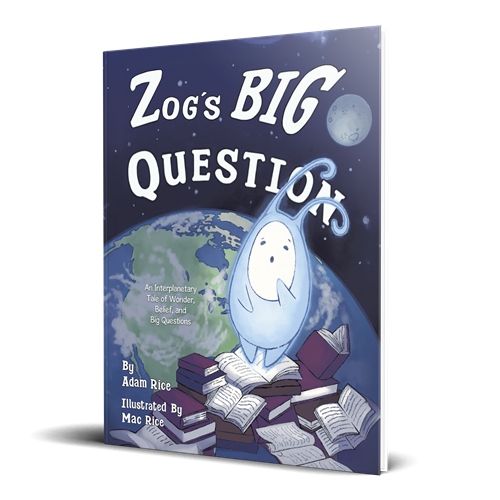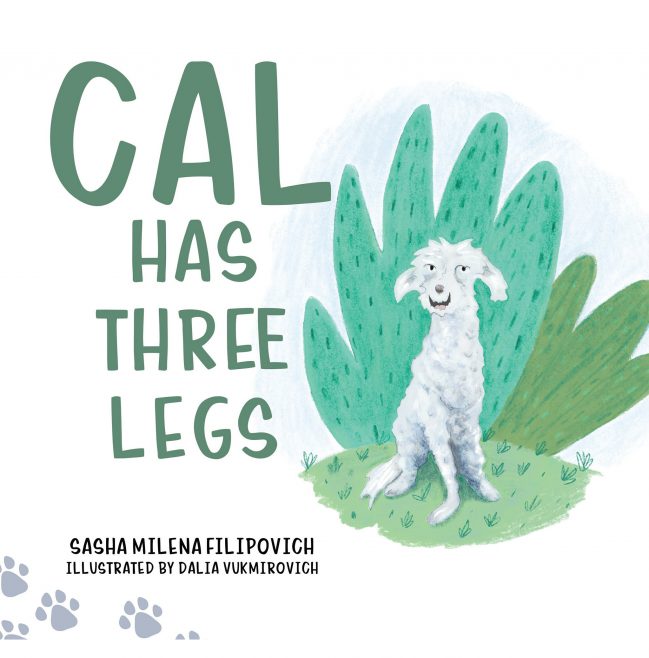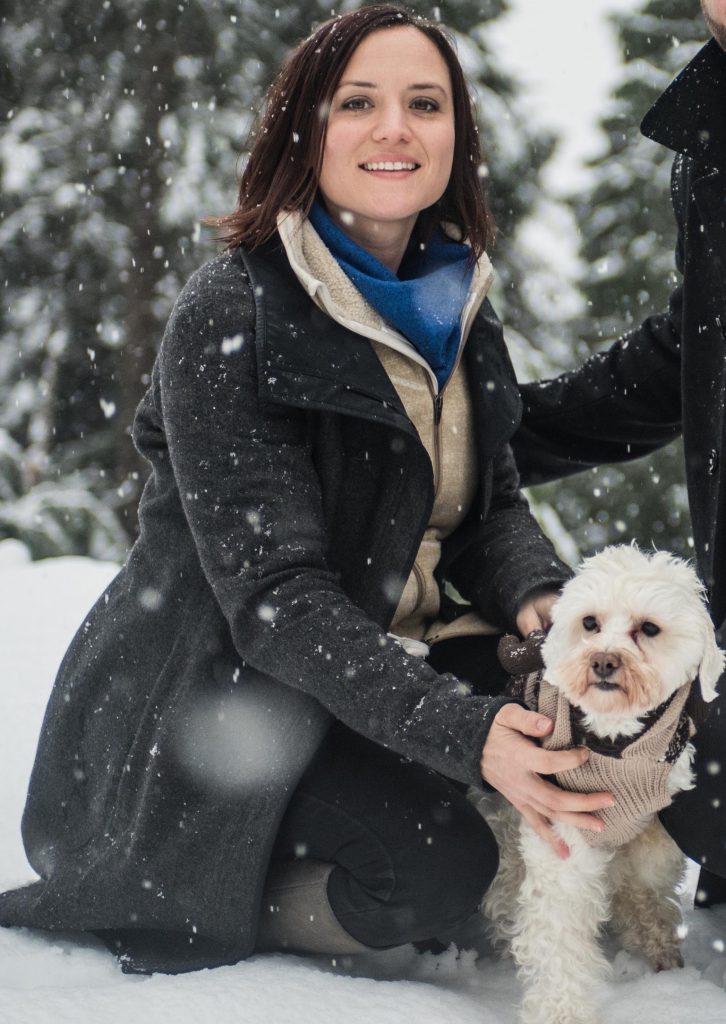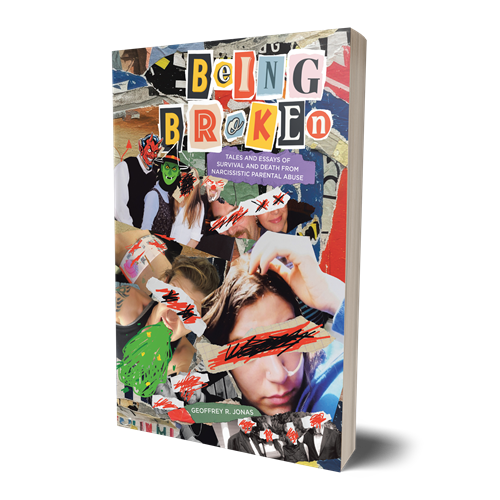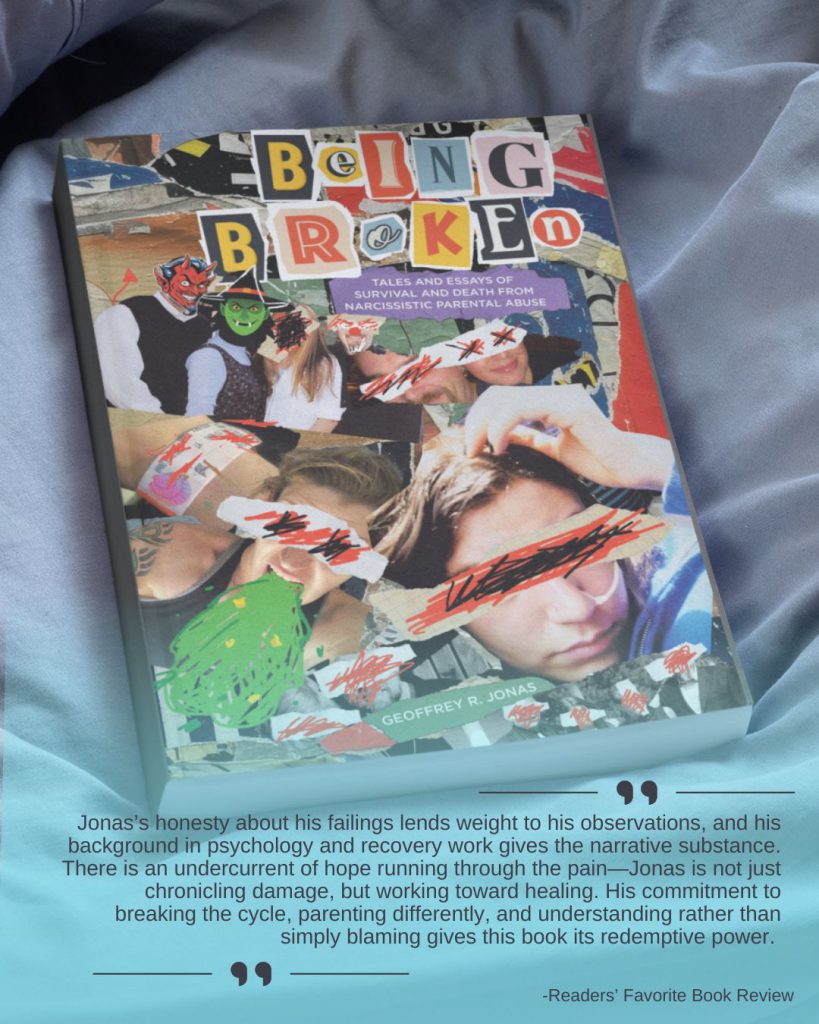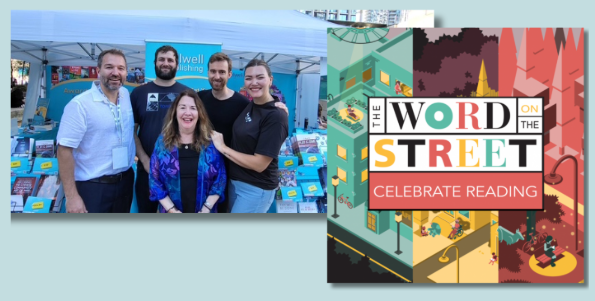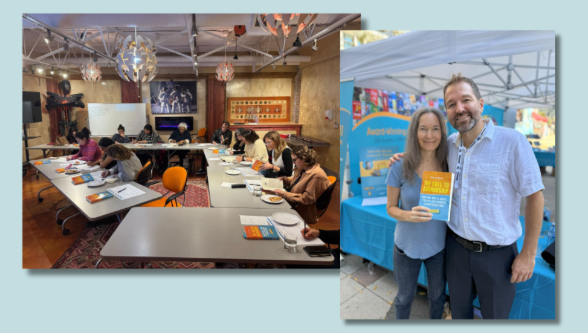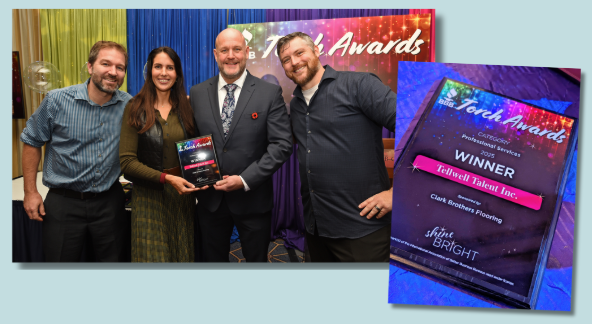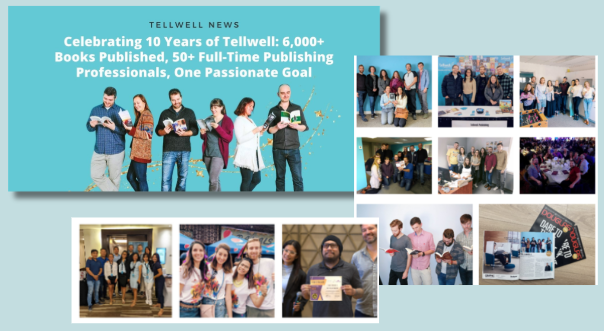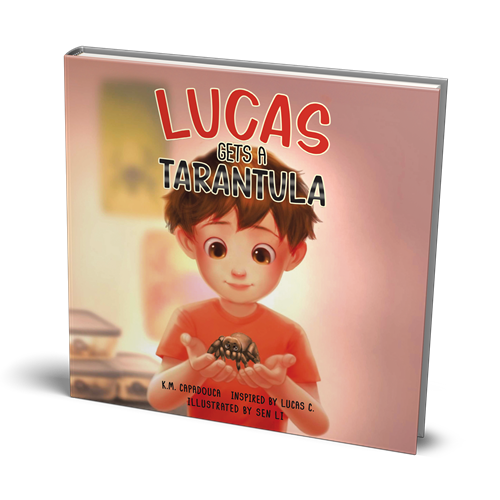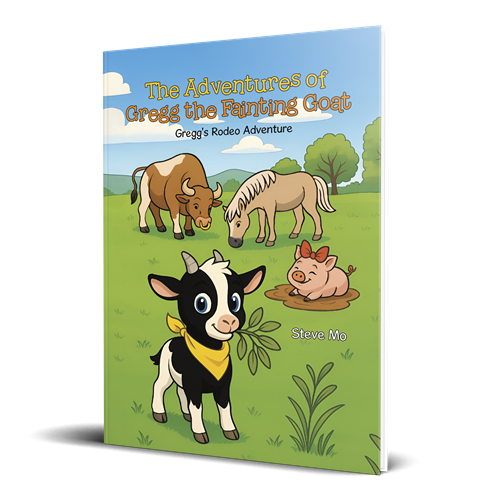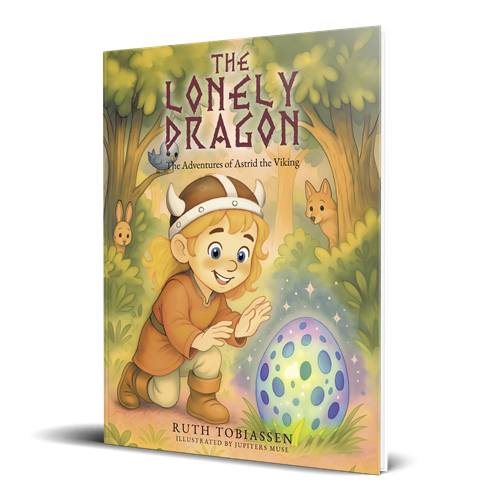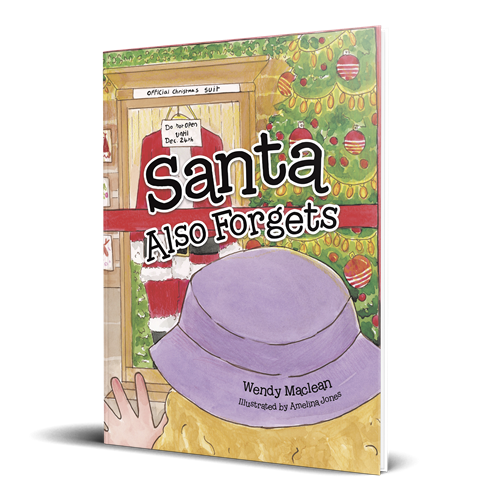From Pages to Recognition: February Author Highlights!
February may be the shortest month of the year, but this one was filled with meaningful milestones. From book awards to public recognition and inspiring author events, our writers have been making waves in the literary world.
There is something powerful about seeing a story move beyond the page and into the spotlight. Each achievement reflects the passion, resilience, and dedication our authors pour into their work. This month, we are taking a moment to celebrate those accomplishments and the journeys behind them.
Awards
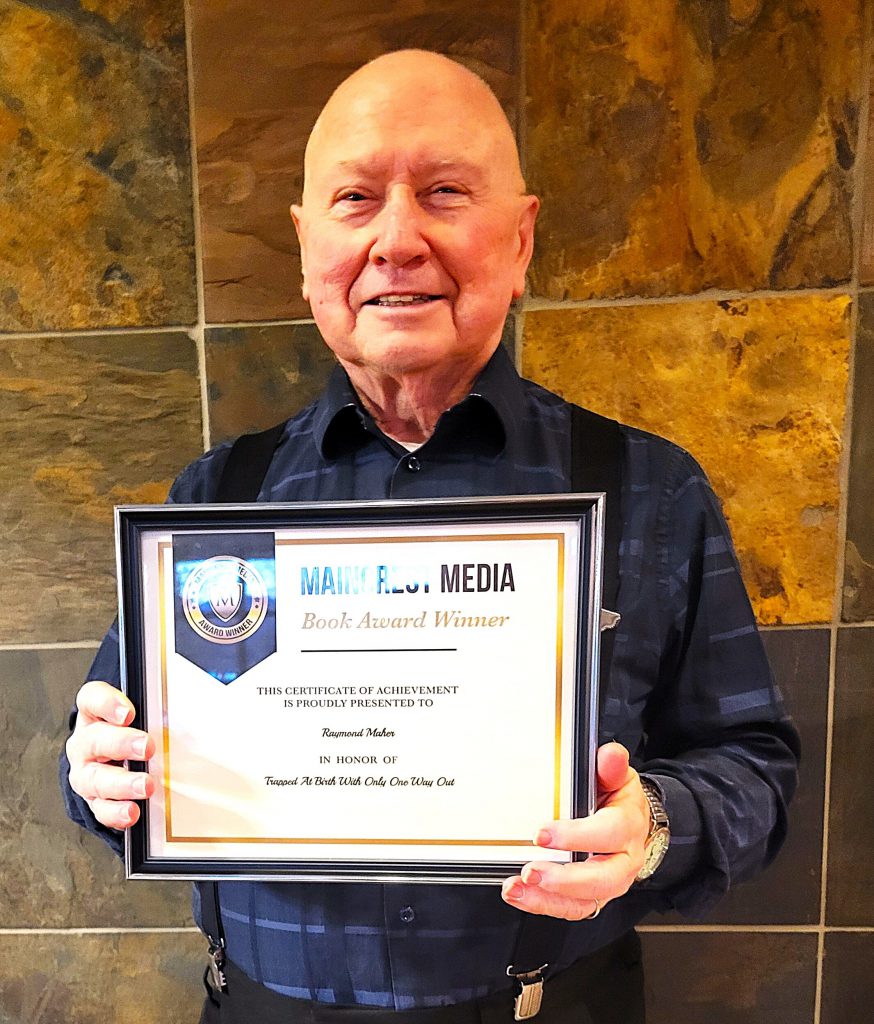
Tellwell author Raymond Maher’s suspense novel Trapped At Birth With Only One Way Out has won a 2025 Maincrest Media Book Award, earning international recognition for its gripping and powerful storytelling.
Set in rural Saskatchewan, the novel explores loyalty, betrayal, and survival as dangerous secrets come to light. Drawing on his experience as a pastor and newspaper columnist, Maher brings depth and emotional insight to a tense and unforgettable story.
The Maincrest Media Book Awards celebrate exceptional authors from around the world, making this achievement a meaningful milestone in Maher’s literary journey.
Event

Author Matt Mallinson recently hosted a book signing at Victoria & Albert Guesthouse in the Blue Mountains, celebrating his novel The Writer Upstairs.
Set in the great plains and a secluded mountain cabin, the story follows a reclusive chemist and a mysterious woman as they uncover centuries old secrets in the forest, exploring the power of nature, science, and hope for humanity’s future.
A passionate historian, Mallinson draws inspiration from early trail diaries and historical accounts. His novels intertwine the stories of mountain families with present day descendants, bringing history to life with depth and authenticity.
Publicity

There is magic in the everyday and author Karly Sidman proves it. Recently featured in KidlioMag, Sidman’s journey from chef to children’s author shows how passion and imagination can transform even the simplest moments into stories that inspire and delight.
Her love for her dogs especially Hardy Boy sparked the creation of her heartwarming children’s book Hardy: The Best Boy Ever, celebrating the bond between pets and their humans. From imagining adventures for Hardy in the summer of 2025 to seeing her story published, Karly shares her creativity and encouragement for young dreamers everywhere.

Storytelling can spark curiosity and inspire positive change, and author Aldona Nowak is doing just that. Recently featured in KidlioMag, Nowak’s debut book The Health Adventures of Nurse Priya encourages children to make healthy choices while showing how public health nurses make a difference in their communities.
Aldona’s passion for storytelling began with sharing special moments with her own children. Now she is using that same love for stories to inspire young readers to dream big, believe in themselves, and see the impact they can have in the world around them.
Reviews
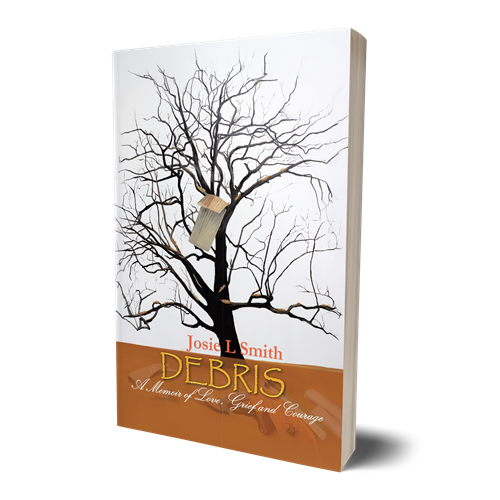
Author Josie Smith delivers a powerful memoir, Debris, recently earning a five star review from Reader Views. The book follows Josie’s journey through love, loss, and grief after the Black Summer Bushfires took her husband, showing how courage and hope can help rebuild a life.
Drawing on her personal experience and psychology studies from Swinburne University, Josie shares a story of resilience that resonates with anyone who has loved and lost.
The tragedy of losing a loved one can feel unrelenting—no one can prepare you for the far-reaching effects of grief. But Josie’s story reminds us that piecing our lives back together is possible when we rely on purpose and courage. Readers who love memoirs about overcoming adversity will love ‘Debris.’
-Reader Views Book Review

Over a Glass of Wine by Schultz is a psychological mystery that received a glowing review from Indiereader. The novel follows Claire, an enigmatic woman hiding her past, and Harry, a flawed artist determined to uncover her secrets, leading to unexpected twists and a gripping ending.
Blending humour, suspense, and thoughtful reflections on love, death, and personal identity, Schultz offers a multi-layered story rich with insights into wine, art, and human relationships.
Schultz serves up a deliciously irreverent slice of epicurean excess in OVER A GLASS OF WINE: Wine, Food, Love, Sex, Murder. Propelled by a diverse cast of characters and their provocative situations, this story is a highly addictive, entertaining, and unorthodox read.
-IndieReader Book Review
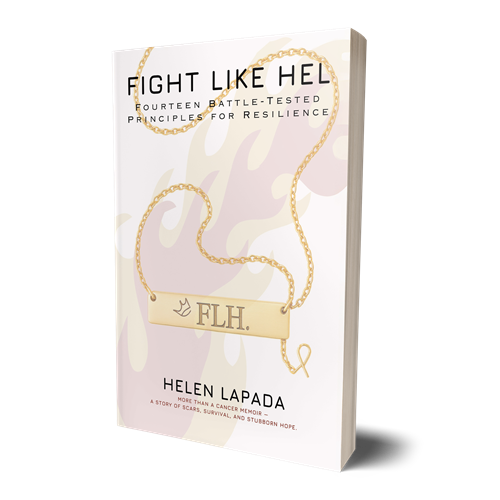
Helen Lapada’s memoir Fight Like Hel received an amazing review from IndieReader. The book shares her journey through an aggressive cancer diagnosis at thirty during the COVID-19 pandemic, blending humor, heartbreak, and resilience.
With practical principles, candid reflections, and prompts for readers to reflect on their own lives, Fight Like Hel is a powerful reminder that showing up, scars and all, is still a victory.
In its savviness and candor, Lapada’s memoir stands perfectly well on its own merits. Helen Lapada’s FIGHT LIKE HEL: Fourteen Battle-Tested Principles for Resilience is a witty, engaging, and warm-hearted take on the ins and outs of cancer diagnosis and treatment.
-IndieReader Book Review

